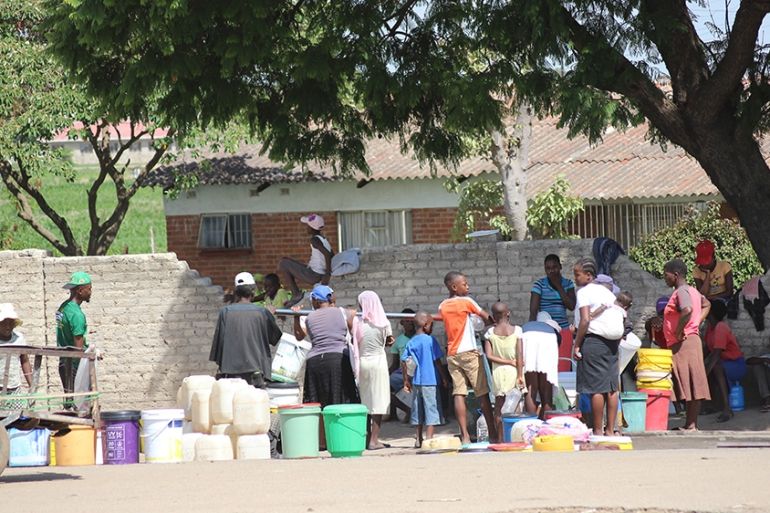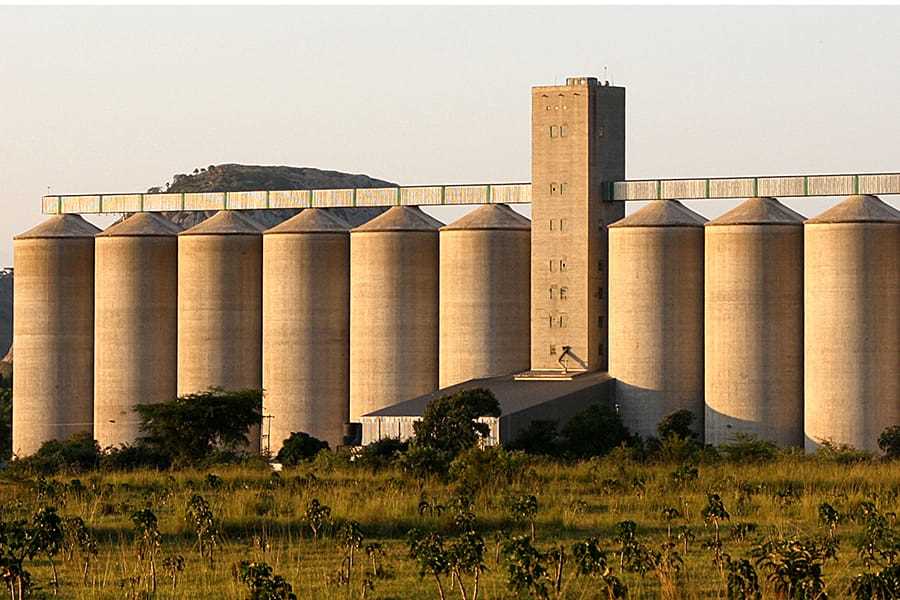
Zim Now Writer
As Namibia continues to grapple with the devastating effects of the El Niño-induced drought, the country's Ministry of Environment has implemented a unique drought mitigation strategy: providing game meat to its citizens.
The ministry has allocated 723 wild animals of various species, including hippos, impalas, elephants, zebras, wildebeests, buffaloes, and elands, for distribution to the population. These animals are sourced from national parks and communal areas, particularly those where human-wildlife conflicts have been prevalent.
The decision to provide game meat is driven by several factors. The drought has led to a decline in grazing areas and water resources, placing significant pressure on wildlife populations. By reducing the number of animals in certain areas, the ministry aims to alleviate this pressure and ensure the long-term sustainability of wildlife conservation efforts.
Related Stories
Additionally, the game meat initiative is intended to contribute to poverty reduction. Many Namibians are facing food insecurity due to the drought, and the distribution of game meat can provide a much-needed source of sustenance.
The ministry has emphasized that the offtake of game meat will be conducted in a responsible and sustainable manner. Professional hunters and safari outfitters from various conservancies have been tasked with culling the animals, ensuring that the process is carried out humanely and in accordance with established conservation guidelines.
Namibia, renowned for its diverse wildlife, is one of the Southern African countries most severely affected by the drought. Half of the population is in need of food assistance, and the country hosts the largest number of elephants and other wild animals in Africa.
While Namibia's game meat initiative is a unique approach to drought mitigation, other Southern African countries are also taking steps to address the crisis. Zimbabwe, for example, has implemented rural food assistance and urban cash transfer programs to support its citizens who are facing acute food shortages.


















Leave Comments